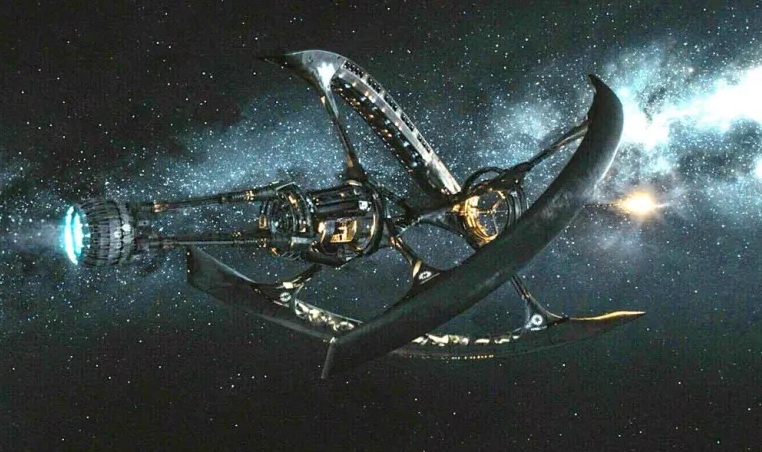The science in Science Fiction
Science Fiction comes in many flavors. I like it all. But I've had a particular taste for "Hard Science Fiction" for the last 50 years. I grew up with Heinlein, Asimov, and Clark and then Niven and Pournelle and . . . I could go on. I love learning something about the universe around me - the science. And I love stories where the science is so integral to the tale, that the story would fall apart without it. Back in the Golden Age of Science Fiction, these were often called "Idea Stories" and were just as often critiqued for cardboard characters and cliches. I didn't care. If it was a enough of a story to make me turn the page and it 'taught' me something, I was delighted.
In the BEST stories, the author takes 'something new in science' and places it in front of an character who we learn to care about because of how they deal with the 'something new.' In the VERY BEST stories, we learn something beyond just the new science and the character individually, we learn something about us - about what it means to be human.
So what makes a story Hard? That's a question the science fiction community has been answering to itself since the term was first used in print (citation) in 1957 in the November issue of Astounding Science Fiction - still in print today as "ANALOG Science Fiction & Fact" (Analog ) There are as many articles and arguments over the definition of "Hard SF " as you care to search for, but a brief historical capture of the discussion can be found here (SF Citations (archive.org)). And you can even contribute to the discussion if you want to here. (Talk:Hard science fiction - Wikipedia) In the big picture, two attributes typically have readers and editors calling something Hard SF. The first is the concept itself, does it deal with the hard 'natural' sciences; physics, chemistry, biology, mathematics, etc., or the soft 'social' sciences; like psychology, sociology, political science, etc.? The second attribute concerns the level of scientific accuracy and technical consistency in the story - does it get the details right? A story with both is Hard SF, a story without both is Soft SF. That kind of differentiation implies a binary choice - a story is one or the other. I've not found that to be true. It's more of a continuum - some stories are 'harder' than others, right? So what makes a story Hard? I would propose that if you could write a companion piece for your story, "The science behind the story" describing the speculative scientific element used, either natural or social, and how and why it is 'integral' to the story, you have a Hard SF story. It you couldn't write that companion piece, then it's NOT Hard SF. And the scope and clarity of the companion piece determines just how HARD the story is.
Is there a market for Hard SF Stories? I think there is a market for great stories in any genre, and any flavor of Science Fiction. I believe it is just getting more difficult to write a great Hard SF tale. I'm not sure why. Maybe it's because the leading edge science has gone a liitle too far over the horizon and is beyond the general public's understanding. Maybe the size of the audience for Hard SF has remained the same but the Fantasy audience has just outgrown it. STAR WARS, which is a Space Fantasy, is the most obvious evidence of that. I am a fan of the STAR WARS universe but as a pilot, it's difficult to watch X-Wing Fighers bank and roll as if they were in an atmosphere. Not to mention that they generally ignore gravity and acceleration. Thank goodness for The Expanse! . . . I'd love to hear what other fans of Hard SF think about this question.
The kind of story I want to write. Two of my favorite stories are Robert Heinlein's "The Moon is a Harsh Mistress" and Tom Godwin's "The Cold Equations." Both are excellent examples of Hard SF. The 2008 film "Passengers" is another really great example in film. I wish I could say I wrote that! It is exactly the kind of story I would like to write.

So my goal with this website is to document my writing path, hopefully all the way to publication and membership in the Science Fiction Writers of America, with engaging science fiction stories and science fact companion articles. Maybe one day ANALOG SF will notice. I would love any feedback along the way.
Kevin Kepko